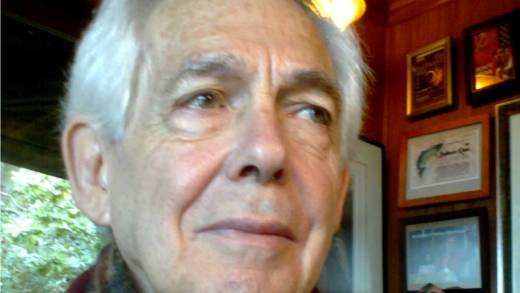History is built on facts, but facts that are interpreted through the lens of social and political power, as well as personal experience. Richard Friedlander has this Perspective.
History is written by the victors. So said Winston Churchill. Napoleon called it a fable agreed upon. So what happens when, in the course of time, the losers turn the tables and become the victors? Do we get another fable agreed upon? I’m told we are now in the post-truth era, where feelings and ideology have superseded facts. And yet, I don’t think any era has been able to claim their truth as a fact.
Even the veracity of a date sometimes depends on your chosen calendar. That might have been what inspired the British authors of “1066 and All That,” whose conclusion was that the Norman invasion of England was the only date worth remembering because that was when their country came into being. It is significant that the book ends with the close of World War I when, with America having replaced England as the “top nation,” all history ended!
Depending on what one is trying to prove, any event can be seen as the one from which the future sprang, but it’s not like establishing a family tree. It is a natural quest, one through which individuals try to explain their own lives. We can say that the United States began with the importation of slaves in 1619 and attribute to this all our subsequent economic gains and social woes. If politics is your focus, 1619 also marks the creation of the Virginia House of Burgesses, our first democratically elected legislature, an idea that quickly spread to the other colonies. The year 1620 could mark the birth of religious freedom, no matter the unwillingness of the Pilgrims to grant it to others. Or 1776, 1787, or perhaps 1865. Like beauty, an event’s significance is often in the eyes of the beholder.
As long as we realize that we are interpreting events according to our beliefs and feelings, and not claiming our viewpoint as absolute truth, we continue in the long, healthy line of interpreters of events. Once we claim that what we have discovered is the pure truth, however, we are in trouble. Democracies are living bodies that allow for disagreement - even as to our lineage. Autocracies and Theocracies do not.
With a Perspective, I’m Richard Friedlander.
Richard Friedlander is an author, actor and mediator living in the East Bay.
